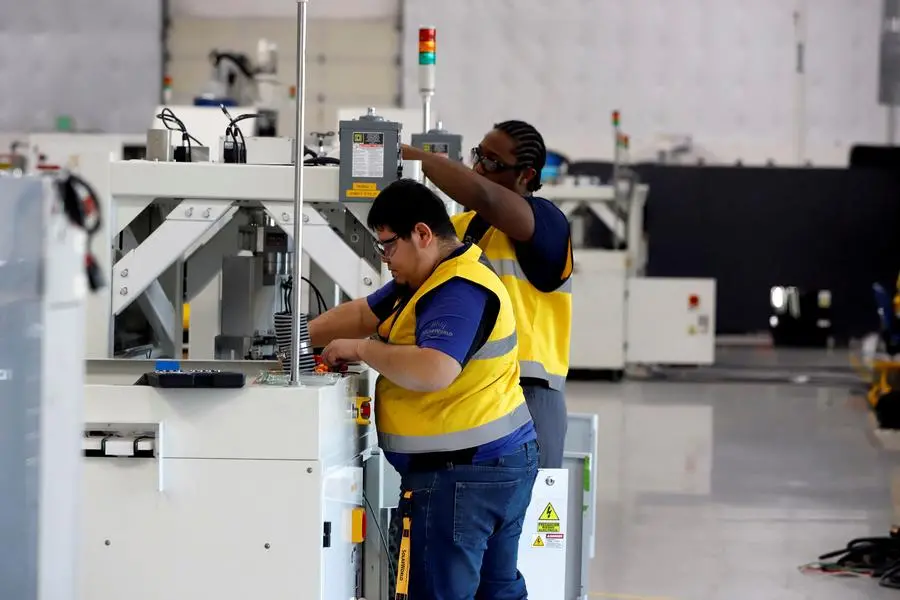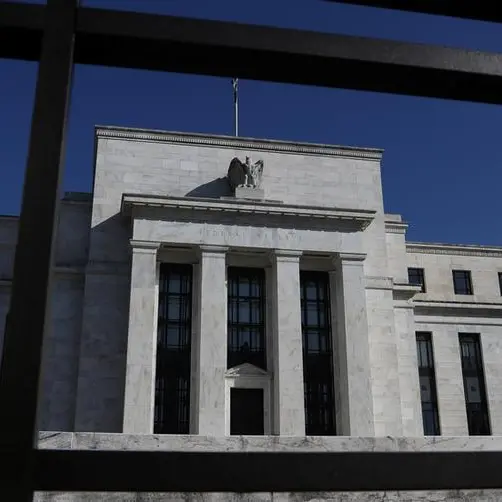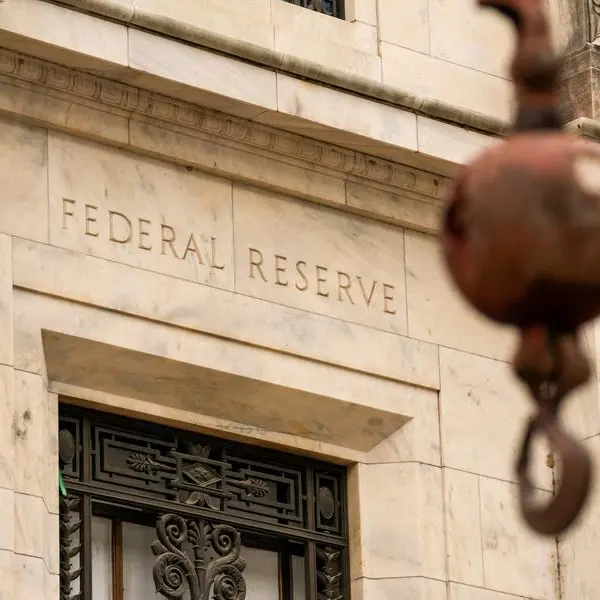PHOTO
President Joe Biden's administration on Tuesday unveiled final rules for new clean energy subsidies in an effort to make jobs and wages in green industries competitive with those in oil and gas.
The guidelines for companies seeking to claim tax credits tied to job quality are aimed at delivering on Biden's vision that fighting climate change will create millions of jobs with good pay and benefits.
Biden is seeking to tout his economic policies as he competes for votes ahead of his general election rematch in November with former President Donald Trump.
The Inflation Reduction Act, signed into law in 2022, provides for an estimated $370 billion in solar, wind and electric vehicle subsidies.
Under the Treasury Department rules, companies that pay prevailing wages to workers and hire apprentices for projects seeking IRA tax credits would receive five times the law's base credit of 6%. Developers have eagerly awaited the requirements for claiming the subsidies.
The provision is meant to give companies a palpable incentive to boost pay in a sector that has lagged industries like nuclear energy, natural gas and coal.
"In the fossil fuel industry our experience has been for the last 100 years that they pay top wages and fringe benefits. And in the renewable industries that have burgeoned over the last several decades that has not been the case," Sean McGarvey, president of the labor organization North America's Building Trades Unions (NABTU), said on a call with reporters. "With these new rules in place, there will be huge increases for many, many people that are existing in this industry right now and in the hundreds of thousands of people to join this industry with middle class, family-sustaining wages and with good health care and post-retirement benefits."
The administration said it was encouraging companies to adopt project labor agreements, which set wage and employment terms between trade unions and contractors for specific projects, to help them comply with the rules.
Unions are a key constituency for Biden.
Treasury said its Internal Revenue Service would dedicate substantial resources to promoting and enforcing compliance with the new rules.
(Reporting by Nichola Groom; Editing by David Gregorio)





















